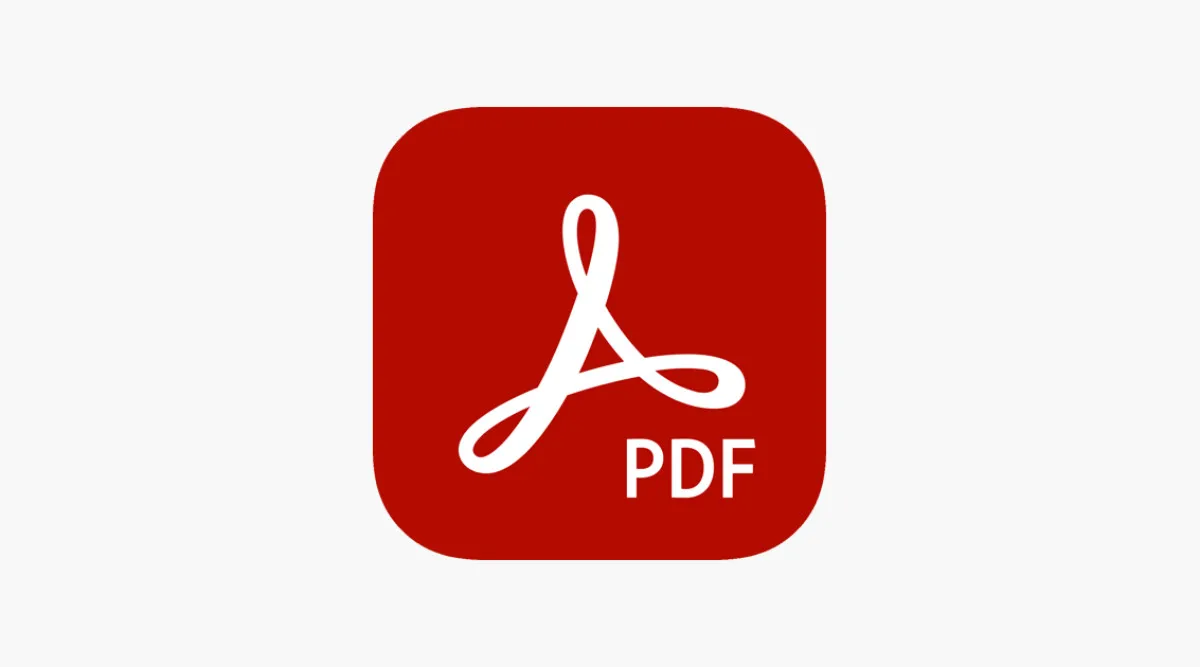Adobe, a leader in digital experience creation, has made a significant leap forward by integrating AI-powered tools into its PDF services, marking a notable advancement in digital document accessibility and processing.
Key Highlights:
- Launch of AI-powered PDF Accessibility Auto-Tag API: Adobe has introduced a new API that leverages Adobe Sensei, its AI and machine learning framework, to automate the tagging of PDF content structures, thus enhancing accessibility.
- Significant Impact on Organizations: The new API allows organizations to automate 70-100% of the process of making PDFs accessible, drastically reducing the time and resources needed.
- Addressing a Widespread Need: With over 3 trillion PDF documents in circulation globally, the need for accessible content is more crucial than ever, especially for individuals with disabilities.
- Extended Features: Adobe also announced the PDF Accessibility Checker and Auto-Tag in Acrobat Reader, aiming to further streamline accessibility evaluation and improve user experiences.
Adobe’s new offerings are a response to the growing need for digital document accessibility, with over 90% of PDFs partially inaccessible to people with disabilities. The AI-powered Adobe PDF Accessibility Auto-Tag API aims to change this by identifying and tagging content structures like headings and lists, making PDFs more navigable for assistive technologies.
This initiative is not just about compliance with increasing regulatory demands but also about fulfilling a commitment to inclusivity. Adobe’s efforts in accessibility are part of a broader commitment to leveraging AI for social good, with the company’s technology designed to scale access and understanding for all users.
Adobe’s AI initiatives in PDF technology include:
- PDF Accessibility Auto-Tag API: Utilizing Adobe Sensei, this API automates the tagging of PDF content, making documents more accessible to people with disabilities. It identifies and organizes content structures such as headings, paragraphs, lists, and tables to ensure assistive technologies can navigate and interpret documents correctly.
- PDF Accessibility Checker and Auto-Tag in Acrobat Reader: These tools aim to streamline the process of ensuring PDFs are accessible. The Accessibility Checker allows organizations to evaluate the accessibility of their PDF documents on a large scale, while Auto-Tag in Acrobat Reader enhances the reading experience for users directly within the application, without additional costs or the need for external plugins.
- Liquid Mode for PDFs: Another innovative feature, Liquid Mode, uses machine learning to restructure PDF content for better readability on mobile devices. This technology not only improves the user experience by making documents easier to read on smaller screens but also aids in the tagging and structuring of content for accessibility purposes.
Furthermore, Adobe’s venture into AI-powered PDF tools represents a significant step in the crowded sector of document processing. With the release of new PDF extraction and generation APIs, Adobe is tapping into the AWS marketplace, offering solutions that employ Liquid Mode for improved structure recognition and content readability, especially on mobile devices. These innovations underscore Adobe’s ongoing commitment to enhancing document workflows and accessibility through AI, while also highlighting its strategic move to cater to enterprise customers, systems integrators, and third-party software vendors.
Adobe’s approach to digital document accessibility and processing with AI tools is a testament to the company’s innovative spirit and its dedication to making digital experiences more accessible and efficient for everyone. By harnessing the power of AI, Adobe is not only streamlining complex processes but also setting new standards for inclusivity and accessibility in the digital age.
Adobe’s initiative reflects a broader trend in the tech industry toward making digital content more accessible and manageable through AI. This move by Adobe, a pioneer in digital document technology, not only addresses the pressing need for accessibility but also demonstrates the potential of AI to transform how we interact with digital information, setting a precedent for others in the industry to follow.



















